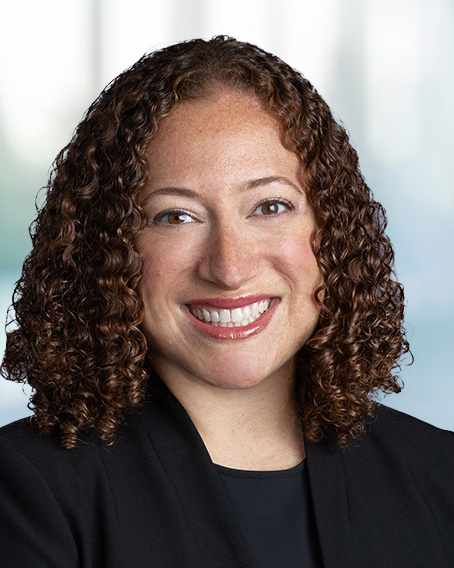A cross-office team of attorneys in Ropes & Gray’s anti-corruption and international risk practice has co-authored two chapters for the second edition of Global Investigations Review’s “The Practitioner’s Guide to Global Investigations”. The comprehensive guide examines how companies should approach each stage of a corporate investigation.
The chapters consider the advantages and disadvantages of self-reporting in the U.S. and the UK, including how the manner and timing of a self-report can make a crucial difference to mitigating potential penalties that might be imposed.
The UK perspective on self-reporting is co-authored by co-chair of Ropes & Gray’s global anti-corruption and international risk practice Amanda Raad and associate Joanna Torode. The chapter examines guidance from the Serious Fraud Office and the Financial Conduct Authority, as well as identifies advantages and risks of self-reporting and best practices related to the timing of disclosure.
The U.S. perspective on self-reporting is co-authored by Ms. Raad, counsel Sean Seelinger and associate Jaime Orloff Feeney. The chapter evaluates mandatory and voluntary self-reporting approaches, Department of Justice co-operation credit, the impact of the Yates Memorandum and role of the Foreign Corrupt Practices Act Pilot Program. It also examines the U.S. Securities and Exchange Commission co-operation credit, and risks to voluntarily self-reporting, as well as those associated with a decision not to self-report.
Attorneys
Stay Up To Date with Ropes & Gray
Ropes & Gray attorneys provide timely analysis on legal developments, court decisions and changes in legislation and regulations.
Stay in the loop with all things Ropes & Gray, and find out more about our people, culture, initiatives and everything that’s happening.
We regularly notify our clients and contacts of significant legal developments, news, webinars and teleconferences that affect their industries.



